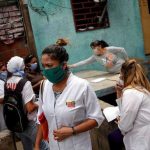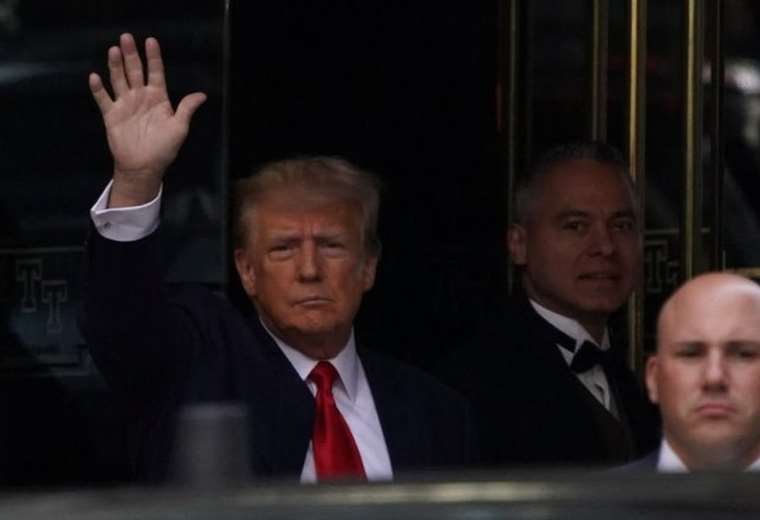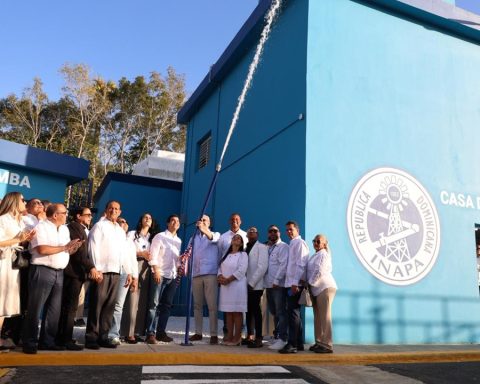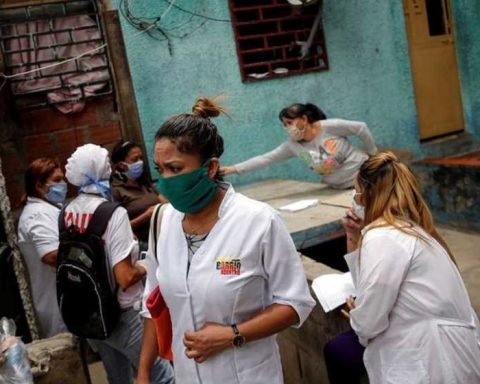The Attorney General’s Office (PGR) asked the Federal Supreme Court (STF) this Tuesday (4) to reject a complaint filed by the body against the President of the Chamber of Deputies, Arthur Lira (PP-AL).
Based on the PGR’s accusation, in October 2019, the First Panel of the Supreme Court made the president guilty of passive corruption.
In the petition sent to the Supreme, the Deputy Attorney of the Republic, Lindôra Araújo, stated that the PGR reassessed the understanding of the case and came to understand that there is not enough evidence to base the accusation against Lira.
According to Lindôra, as there is still an appeal against the decision, the prosecution may change its understanding of the process, especially after legislative innovations.
“In reassessment of the previously exposed understanding, based on an in-depth analysis of the defensive theses presented by the accused Arthur Lira, as well as the reading of the exordial, this ministerial body understands that, in light of the innovations brought by Law nº 13.964/2019 (Anticrime Package ), the existence of the minimum evidentiary ballast indispensable for the initiation of criminal proceedings against the said defendant has not been demonstrated,” he said.
Understand
In October 2019, the First Panel of the Supreme Court made the president of the Chamber guilty of passive corruption, under the accusation of receiving R$ 106,000 in bribes in kind.
The case dates back to 2012, when one of the deputy’s parliamentary advisors was caught at Congonhas Airport, in São Paulo, trying to fly to Brasília with the amount. After the occurrence, Arthur Lira himself admitted to having paid for the adviser’s round-trip tickets to the capital of São Paulo, but claimed not to know about the money.
However, according to the complaint, presented in April 2018 by the then Attorney General of the Republic, Raquel Dodge, the deputy instructed the advisor to hide the money in his clothes, next to the body, including inside the socks, so as not to be detected when pass through the security area of the airport. When trying to pass through the x-ray machine, the employee was approached by airport agents and detained by the Federal Police.
The complaint also stated that the bribe was paid by the then president Companhia Brasileira de Trens Urbanos (CBTU), Francisco Colombo, with the aim of raising political support to remain in office. The MPF pointed out that the money falls within the context of other crimes investigated in Operation Lava Jato and reported by money changer Alberto Yousseff.
During the trial at the Supreme Court, Arthur Lira’s defense declared that the investigations were not able to prove that the deputy acted in the sense of “receiving” and that the accusations were based only on the word of a whistleblower known to be “enemy of the deputy”.















